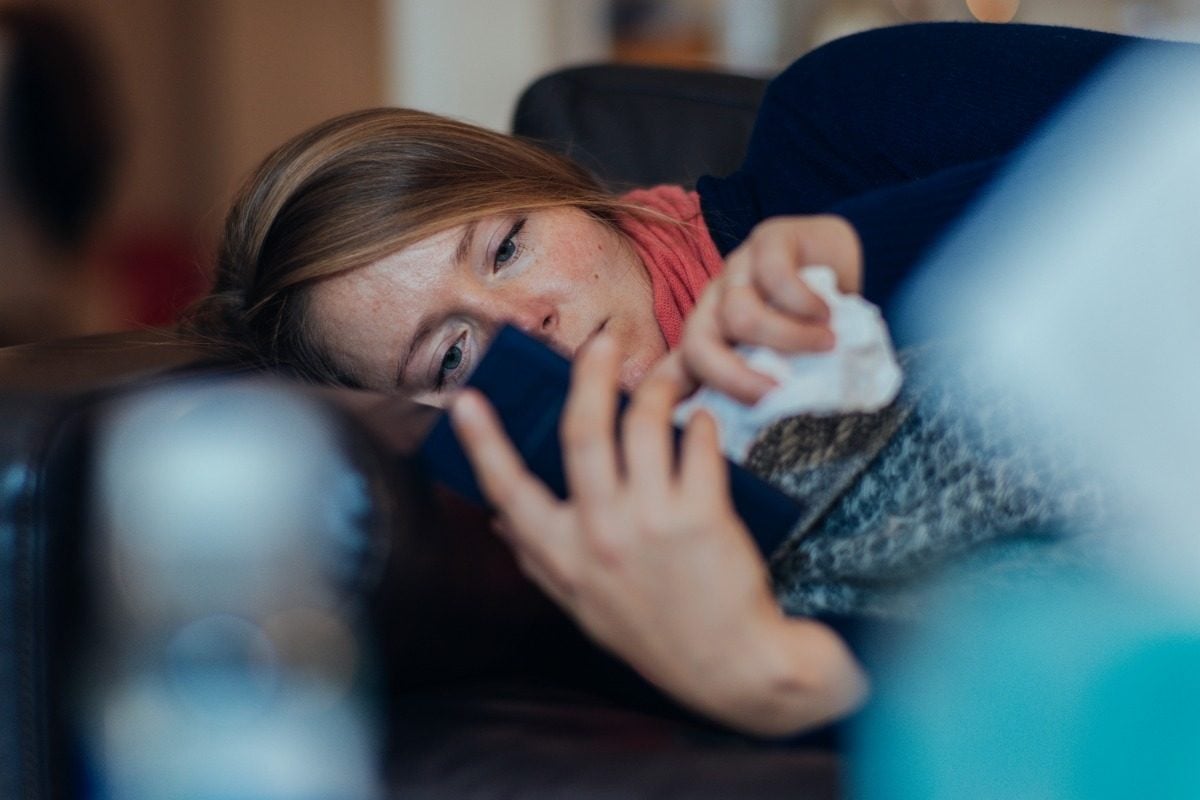
This post deals with domestic violence and might be triggering for some readers.
The news right now is clear: We must practice social distancing.
This is to stop or slow the spread of COVID-19, and means less contact between ourselves and other people. And the best way to practice it is to stay at home.
Domestic violence: The hidden numbers. Post continues below video.
Many workplaces have closed their offices, requesting employees work-from-home for the foreseeable future. Mass gatherings have been banned. Travel restrictions are tough and ever-changing. Around the world, we’re seeing cities – and entire countries – placed into lockdown.
Of course, this makes sense. It is to ‘flatten the curve‘, which means to mitigate the community transmission of the coronavirus to a manageable level for our health care systems.
By doing so, the government aims to lessen the number of active cases at any given time and thus ensure our healthcare system does not become overwhelmed. This method is proven to best ensure nurses, doctors and hospitals can deal with the significantly increased intake of patients during a pandemic.
When do we actually self isolate? How is that different from quarantine and what the hell is social distancing? Let us explain. Post continues below audio.

Top Comments
Please stop dancing around the issue by calling it “family violence”. The vast majority of domestic abuse is perpetrated by men against women. This is Male Violence Against Women - the worst kind being Male Intimate Terrorism, as experiences by Hannah Clarke.
I guess it depends on your definition of 'vast majority'.
The first part of the story was about domestic violence in general. You know, implying that everyone should be able to be safe.
The second part moved on to gendered violence.